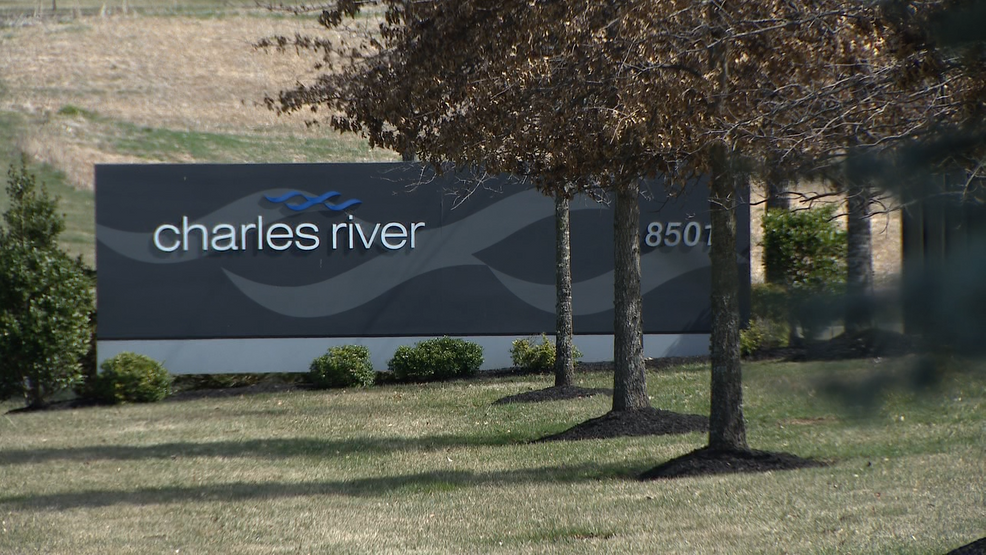The 7News I-Team has learned 1,296 monkeys, some being held in Frederick, Maryland, are being released to Charles River Labs after more than 2 and a half years in federal custody.
In its second-quarter financial report, Charles River, which purchased the monkeys – valued at $ 27 million – for drug research, states that the Department of the Interior has cleared the way for the monkeys to enter the U.S. legally.
RELATED | What’s happening to 1,000 monkeys in limbo in Frederick, Maryland?
It tells 7News, the U.S. Department of Justice is no longer conducting investigations into the shipments, and the positive developments validate its unwavering commitment to compliance and ethics in all that we do, including a steadfast commitment to animal welfare.
The U.S. Fish and Wildlife Service tells 7News it has cleared the importation of the monkeys. It can’t comment any further due to ongoing investigations.
Charles River Labs statement:
“Charles River has been caring for the animals since they were imported to the United States.. Over the past several years, the US Department of Justice has been investigating the NHP supply trade. As a result, we have been unable to use certain shipments of NHPs from Cambodia in late 2022 and early 2023 for their intended regulatory-required drug development purposes. In July, the Department of the Interior and the U.S. Fish and Wildlife Service cleared for legal entry into the United States all of the NHP shipments from Cambodia from late 2022 and early 2023 that were under investigation. In addition, we have been informed that the U.S. Department of Justice is no longer conducting investigations into these shipments. These positive developments validate our unwavering commitment to compliance and ethics in all that we do. It also demonstrates our steadfast commitment to animal welfare.”
The huge shipment of monkeys, which arrived at Dulles Airport, was seized after claims that they were captured in the wild in Cambodia, rather than bred in laboratories.
RELATED | Hundreds of monkeys held in Frederick, Md. after being denied entry to the US: Sources
Most monkey species are restricted from international trade, especially wild-caught animals. Captive-bred monkeys may be imported under strict permitting for scientific research, education or zoos.
PETA, which had requested the monkeys be taken to a primate sanctuary in Texas run by Born USA and pledged one million dollars to pay for their care, said primate importation needs to stop now for the sake of the animals, public health and good science.
“We are undermining the integrity of our science all because of having companies like Charles River, who still want to wrap those monkeys and sell them for 30 to 40, 50 thousand dollars a head and make money off of it. This is monkey business. This is not science,” said Dr. Lisa Jones-Engel, Senior Science Advisor for Primate Experimentation with PETA.
Americans for Medical Progress, an animal research advocacy group, tells 7News:
“The welfare of these animals must remain the top priority. Nonhuman primates are essential to countless areas of lifesaving medical research. We are encouraged by this decision because it helps restore some much-needed stability.”

